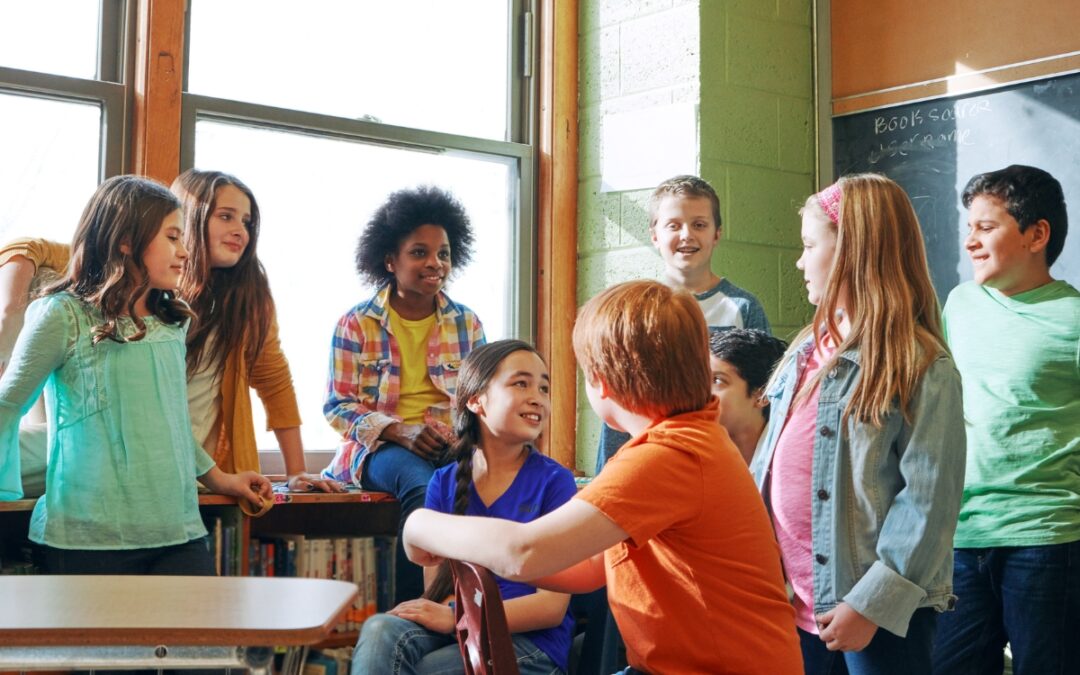
10 Reasons Why Music Is Important for Early Childhood Development
Music is a powerful tool for increasing a child’s sensory development, as it stimulates all of their senses at once. Children can see the movement of the musician, feel the vibration of the music, and hear the different sounds and melodies. This multisensory experience helps children to better understand and make sense of the world around them.
Let’s look into different ways music affects toddlers and young children in terms of their intellectual and emotional development.
Let’s begin!
Children and Music: Effects of Music on Child Development
Betters IQ
Studies have also shown that children who participate in music programs regularly can develop higher IQs than those who don’t. This is because participating in music requires the use of multiple skills and the coordination of different parts of the brain, which helps to boost cognitive development.
Improves memory
Music has been shown to improve memory in children, as it helps to strengthen the connections between neurons in the brain. This can lead to better memory retention and recall, as well as improved cognitive functioning.
Facilitates language development
Music plays a crucial role in language development in children. Singing songs with children helps to increase their vocabulary and improve their listening skills, as they learn to distinguish different sounds and rhythms. In addition, children who learn to play musical instruments are more likely to excel in language-based subjects, such as reading and writing.
Enhances social skills
Music is a social activity, and participating in musical activities with others can help children to develop their social skills. Children learn to take turns, listen to others, and work as a team when participating in musical activities, which can translate to better social skills in other areas of their lives.
Fosters creativity and self-expression
Music provides children with a platform to express themselves and be creative. Whether they are singing, playing an instrument, or simply listening to music, children can use music to explore their emotions and express themselves in a way that words cannot.
Improves physical coordination
Playing a musical instrument requires precise physical coordination, as children must use their fingers to press down on the keys or strings in a specific order. This improved physical coordination can translate to better hand-eye coordination and fine motor skills in other areas of their lives.
Helps children to relax and de-stress
Music has a calming effect on children, and listening to soothing melodies can help to reduce stress and anxiety. This can be particularly beneficial for children with developmental delays or special needs, as music can provide a sense of comfort and calm.
Expands communication & imagination
Music helps children to develop better communication skills and encourages them to use their imaginations. As they listen to and create music, children can explore new ideas and themes, as well as immerse themselves in a world of creativity.
In conclusion, music is an important aspect of early childhood development, as it stimulates multiple senses, improves memory and language skills, fosters creativity and self-expression, and even boosts IQ. Encourage your child to participate in musical activities and watch them thrive as they grow and develop.